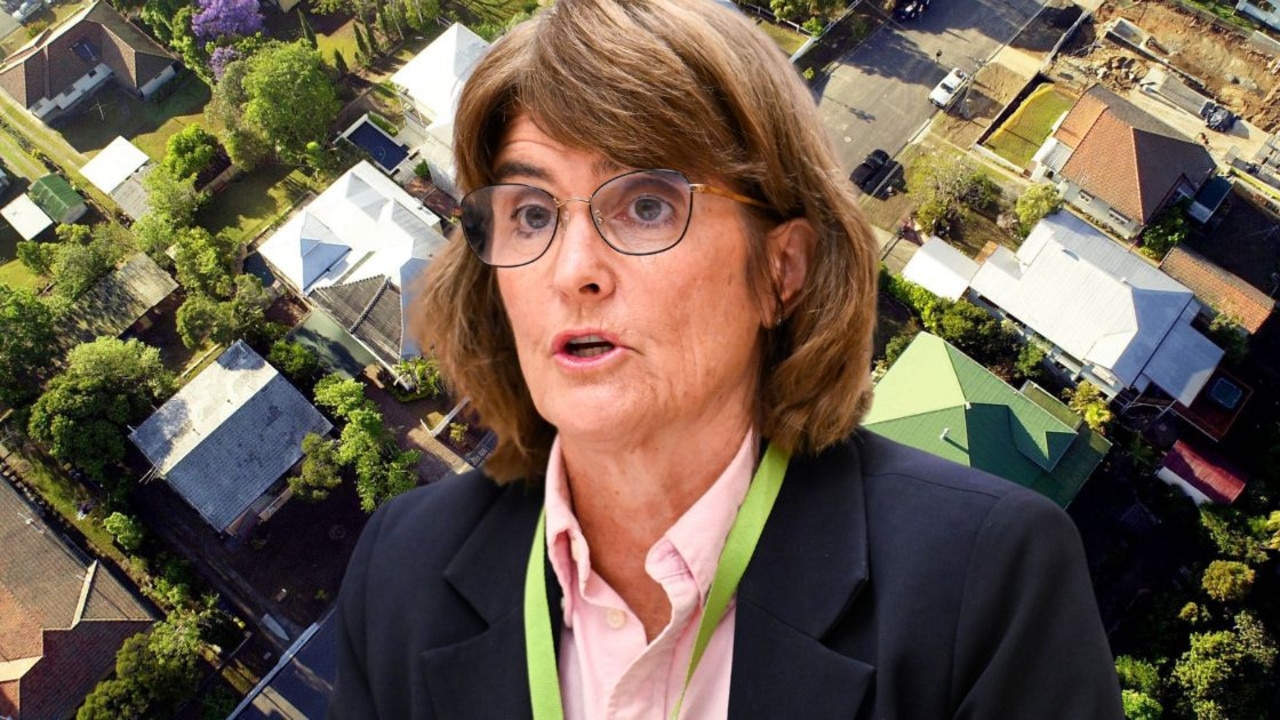Possession Island: The tropical paradise should take its rightful place in Australian history
The arrival of James Cook at Possession Island marked a pivotal moment in Australian history. So why can’t you find it on a map, asks Des Houghton.
CM Insight
Don't miss out on the headlines from CM Insight. Followed categories will be added to My News.
A COMPETENT distance swimmer could swim from the western edge of the Cape York mainland to Possession Island, but I wouldn’t recommend it. There are razor-sharp corals, sharks and deadly stingers.
Possession Island is a 502ha speck of tropical paradise, close to the mainland but sadly far away in the national memory. Its only inhabitants are bats that have taken up residence in abandoned gold mine shafts there.
Possession Island does not appear on most maps. This is a national disgrace.
Possession Island is where a 41-year-old Scottish farmer’s son named James Cook, hoisted the mighty Union flag before firing a three-gun salute and claiming the entire eastern seaboard of Australia in the name of His Majesty King George III of England on August 22, 1770 at 4 pm.

Every schoolkid in the nation should be able to recall that date and point to Possession Island on a map, and recall those glorious events of 250 years ago when Cook rowed ashore with a small party including his botanist Joseph banks and Daniel Solander, a Swedish-born naturalist.
The arrival of (then Lieutenant) Cook at the pointy end of the continent marked a wonderful starting point in the history of this great nation.
Here it should be noted that Cook was not a privileged upper-cruster of British society.
He wasn’t even a member of the middle classes; just a working-class sailor and navigator from humble origins with a deep interest in cartography, astronomy and natural science.
There are more than 270 islands in Torres Strait. Historians believe he landed at Possession Island because it had a hill from where he could look down and see a navigable passage through the dangerous Strait.
The annexation and formal flag-raising ceremony on the forgotten island paved the way for the arrival of the First Fleet and the settlement of Australia.
Why has such an important date and such a significant place been so neglected? There is only a small metal plaque stuck on a rock to mark the occasion. It’s put there like an afterthought.
Possession Island should be seen as sacred white fella’ territory, and Cook’s arrival there and the annexation should be celebrated with gusto.

However, I am starting to notice the Captain Cook anniversary celebrations are being derided with menacing susurrations from more radical Aboriginal leaders. And there are the usual incoherent warbling from pro-republican nincompoops who can’t even tell us what kind of republic they aspire to.
Even left-wing historians like Professor Manning Clark acknowledge the arrival of the English had a “civilising” effect on this wide brown land.
Aboriginals and white sympathisers who regard Cook as the evil invader should be thankful it was the English who settled first, and not the brutal European imperialists like the Dutch, the Belgians or the French.
The Dutch subjugated thousands of ethnic Indonesians in their colonisation of the so-called Spice Islands. Millions of Africans were enslaved and murdered in the Belgian Congo, with natives having their hands and genitals severed for failing to meet rubber production quotas. French imperialism’s brutal colonial rule extended from Guiana to Indochina with one atrocity after another. British colonialism was benign by comparison.

Thursday Island crayfish wrangler Wesley Matenga, who now skippers the ferry between TI and Bamaga, has been to Possession Island “four or five times”. It takes about 30 minutes to get there by boat from the mainland.
“There is a monument there, not much else,” said Matenga. “There are so many islands. I wonder why he picked that one?”
New Zealand-born Matenga, 46, arrived on the Cape as a young man to visit his aunty and didn’t go back.
Matenga said Captain Cook’s legacy was frowned upon in North Queensland and no one wanted to recognise the importance of the island in our national story.
“The aboriginal and Torres Strait islanders don’t want it at all,” he said.
“They don’t want anything to do with it.”
Historian Clive Moore said Cook was not an invader for one very good reason: “He went home again.”
“I see him as an explorer, not an invader.” Moore, the emeritus professor of history at the University of Queensland chose his words carefully: “I don’t want to annoy every aboriginal in the country.”
Should there be a memorial or statue to Cook on the island?
“I don’t think a statue of Captain Cook would be welcome,” said Moore.
“However it is a significant site and maybe it has been neglected.’’
I should also point out that Possession Island was originally home to the Kaurage people, a Torres Strait islander group, not an Aboriginal one.
In 2001 the Kaurage people successfully claimed native title over the island. Possession Island deserves greater acknowledgement. I’m sure the Kaurages would agree.


